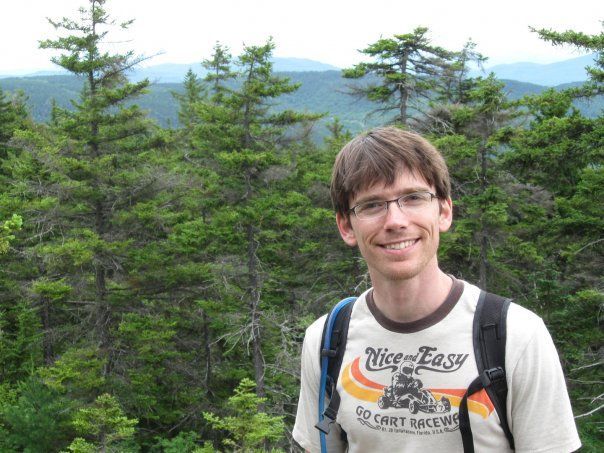When I turned seven years old, my parents gave me a fantastic and dangerous birthday gift.
“What’s his name?” I asked while running my fingers through the pony’s shaggy coat.
“Buckwheat,” my mother said.
“That’s a funny name.”
“Bucky for short.”
“Bucky?”
I should have known right then: My parents had been duped. But I was seven, so I shrugged and asked when we could go for a ride.
The next day, I led Bucky out into our pasture. I mounted and quickly learned the truth of Bucky’s name. He lowered his head and kicked his back legs high into the air. I flew off that pony as if thrown from a full-sized horse.
Happily rid of its rider, Bucky began munching the grass.
“Go ahead. Try again,” my mother coaxed me. “You know what they say: You have to get back on the horse who threw you.”
I climbed aboard. This time I clung to his back through three bucks before careening to the ground.
“Hold tight on those reins,” my mother said. “Don’t let him lower his head. Try again.”
I tried again. And again. And again. Every time Bucky bucked me clear. While my mother grumbled about the hick who’d sold her the pony, I finally gave in for the day.
Next time, we cinched him with a Western-style saddle, which provides a more secure seat and a pommel to grab hold of too. That pommel knocked the wind out of me before I toppled to the ground.
My mother eyed the animal, jaw grimly set. “Give me those reins.”
She climbed into the saddle and leaned back against Bucky as he tried to lower his head. She seemed a giant atop this little horse. Her biceps and forearms tensed with the effort. Unable to dislodge this latest passenger, Buckwheat craned his head around and opened wide to take a bite out of her knee. My mother – hard-as-nails farm girl – gave Bucky a swift kick in the mouth. That straightened him out some.
Frowning mother and resentful pony stalked together around the pasture for a minute before she dismounted. “He tried to bite me!” she exclaimed.
The unhinged look in the pony’s eye told me I didn’t want to attempt to ride him again that day. Or for a couple weeks. However, the moment eventually arrived when my mother said, “Go get your saddle.”
While a feeling of dread smoldered in my stomach, I sloped to the tack room. As usual, my enemy accepted bridle and saddle without so much as a twitch. I began to lead him toward the pasture, toward my doom, but my mother said, “No, we’re going for a trail ride.”
“Huh?”
“Come on,” she said and led her pinto into the front yard.
Out on the lawn, I put my foot into the stirrup. I met that pony’s unreadable eye. And I swung up into the saddle. That small horse couldn’t have been happier to trot out onto the road with me astride his back. My mother and I looked at each other in amazement. I gave Bucky’s shoulder a pat, and we easily coaxed our mounts to a gallop through the hay fields at the top of the hill.
Buckwheat the pony would not be ridden in the pasture. I don’t know why. We still had a couple wrinkles to iron out, but it was a process of discovery and not of conquest. His mouth required a different bit. Whereas a slap on the rump amounted to hitting the ejection button, a light touch with the crop on his shoulder reminded him to take care with his rider. I never would have discovered these nuances if I had given up after a few falls, if my mother hadn’t suggested we try something new. I needed to adjust my behavior to fit better with his. And vice versa.
That pony was my first lesson in the politics of personality. Slowly I’ve come to understand this process applies to relationships between people too.
We each have our preferences and idiosyncrasies. First impressions reveal very little about the people we meet and later impressions usually offer little more. Since we all make mistakes and harbor complex histories and have bad days alongside the good, it can be difficult to know one another at a deep level. It sometimes takes years and moments of risk to see the shape of somebody’s character.
When we understand each other better, once we’ve come to know one another more intimately – sometimes after discord – we can usually find common ground. We can learn to be generous with each other. We can try new things and understand what makes one another buck. We can settle into a standard of respect and vigor, and gallop side-by-side through the days of this unbelievable life.
Daniel McNeil is the director of Grand Area Mentoring.



